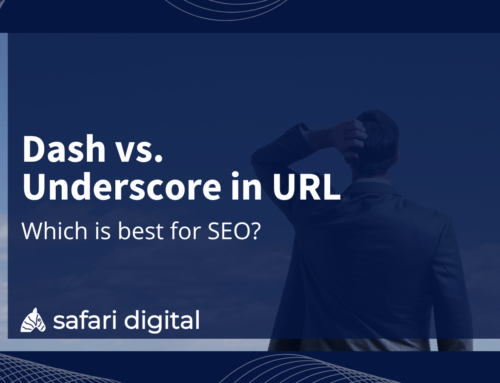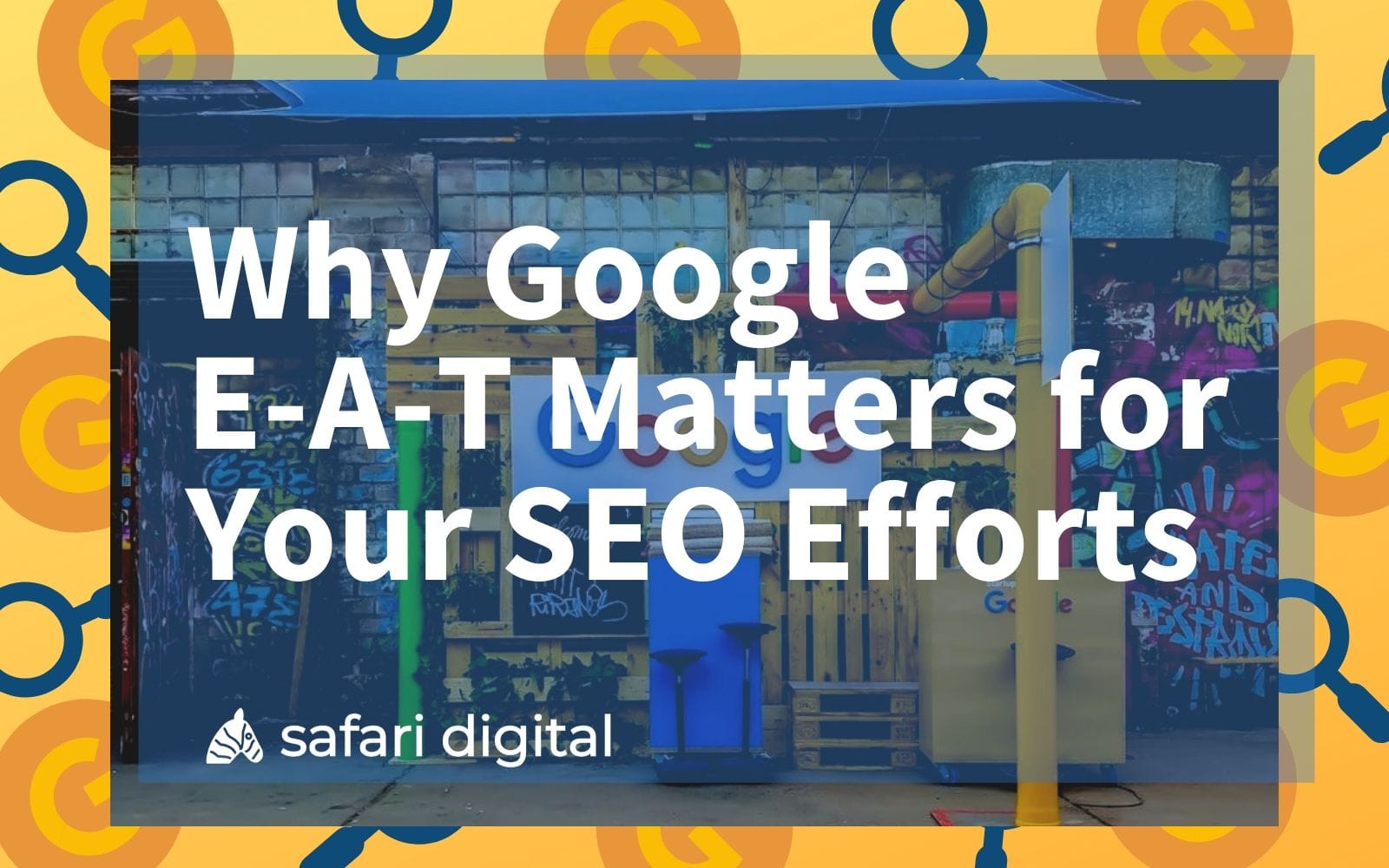
Google E-A-T stands for “Expertise, Authoritativeness, and Trustworthiness”, and is an important reference point from the “Google Search Quality Evaluator Guidelines” for SEO professionals.
Back in 2015, Google released the Search Quality Evaluator Guidelines to provide insight on how they differentiate high-quality websites from low-quality sites. The document was developed for the 10,000 strong Google human rating team who are responsible for monitoring and evaluating sites that top the Google search results.
The human rating team is tasked with manually assessing the quality of Google’s algorithm and ensuring that high-authority websites are appearing for relevant search terms. From their findings, the Google human rating team will then inform Google’s engineers of their results to help ensure that the algorithm is delivering the best experience to its users.
The Search Quality Evaluator Guidelines are unique for the fact that Google is extremely secretive with how they rank websites and determine SERP order. The quality evaluator guidelines provide an insight into the inner workings of Google by revealing how staff manually vet search results for quality. Google’s search quality guidelines may not explain how to rank a website; they do provide actionable insights for webmasters and SEO professionals looking to get in Google’s good books.
To create high-quality content that Google is looking for, marketers should consider three essential keys found in the Search Quality Evaluator Guidelines: beneficial purpose, E-A-T, and YMYL. We’ll discuss the significance of Google E-A-T in this article.
Google E-A-T Acronym Explained
Google E-A-T is designed to provide the best possible experience for Google users. By grading websites based on their Expertise, Authority, and Trustworthiness, Google can consistently deliver high-value content to users.
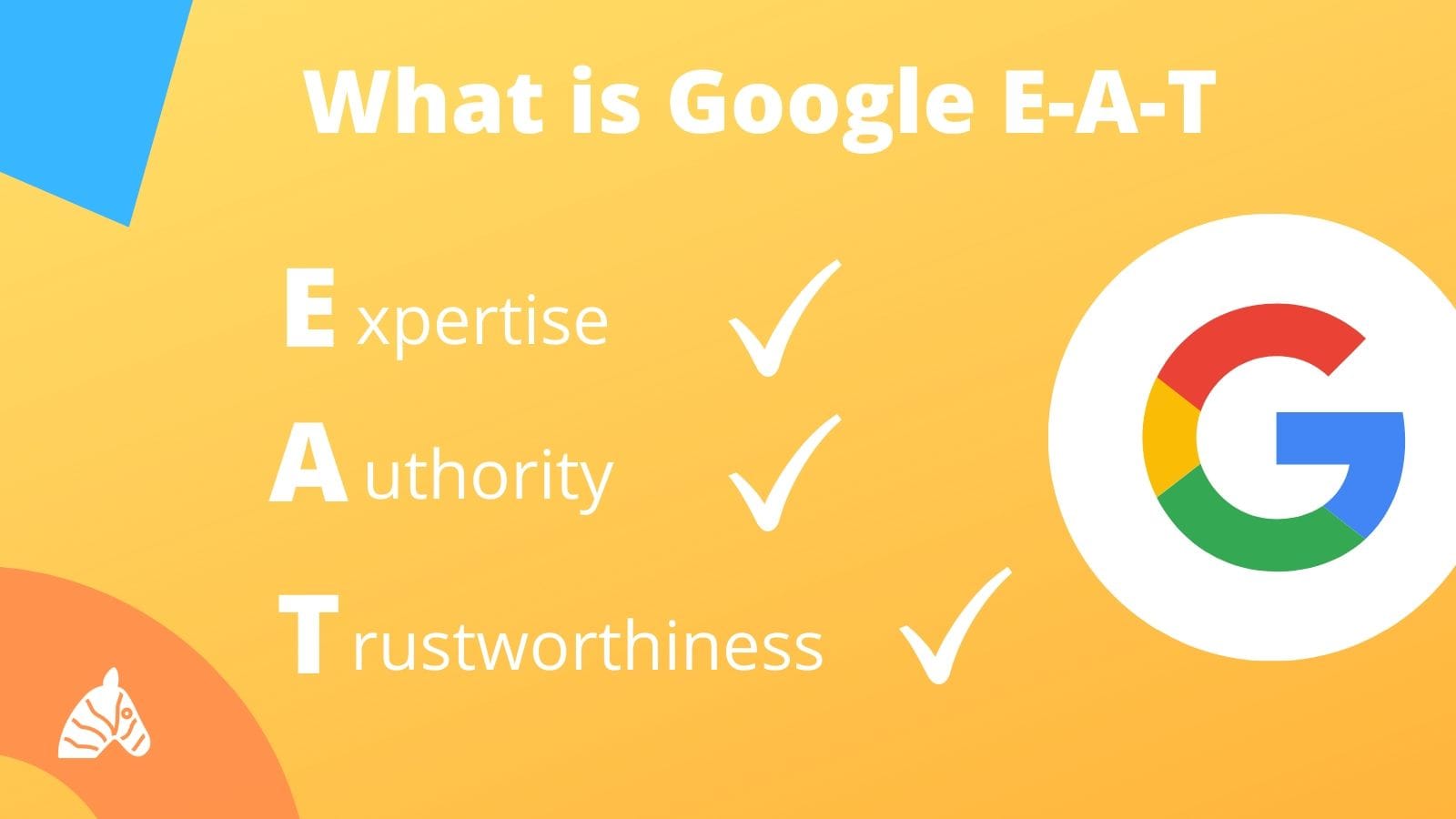
When it comes to important advice and information, Google doesn’t want to show pages that share uneducated or unreliable advice. Google is an authority, and, by association, they must recommend sites that exhibit a high level of expertise, authority, and trustworthiness. The E-A-T theory is designed to protect users from low-quality, irrelevant search results, and ensure Google maintains their status as the leading global search engine.
The Google E-A-T rule is especially relevant for niches that have a tangible impact on the happiness, health, and wealth of users. For health, wellness, and financial results, it’s essential that Google is delivering accurate information to users. Preserving the health and finances of users is a high-stakes game for Google, which is why pages in these niches are heavily-scrutinised by the Google human rating team.
For pages that are offering beneficial content to readers (results to informative searches) the E-A-T formula should be considered in the following terms:
• The expertise of the author or creator of the MC.
• The authoritativeness of the MC creator, the MC, and the website hosting the MC
• The trustworthiness of the MC creator, the MC, and the website hosting the MC
Expertise
Expertise refers to the main content (MC) on the page. This part of the guidelines focuses on whether the author is an expert on the topic at hand and whether they have any relevant credentials to back up their expert opinion. In an effort to fight the spread of misinformation, Google takes the expertise of a website and author very seriously.
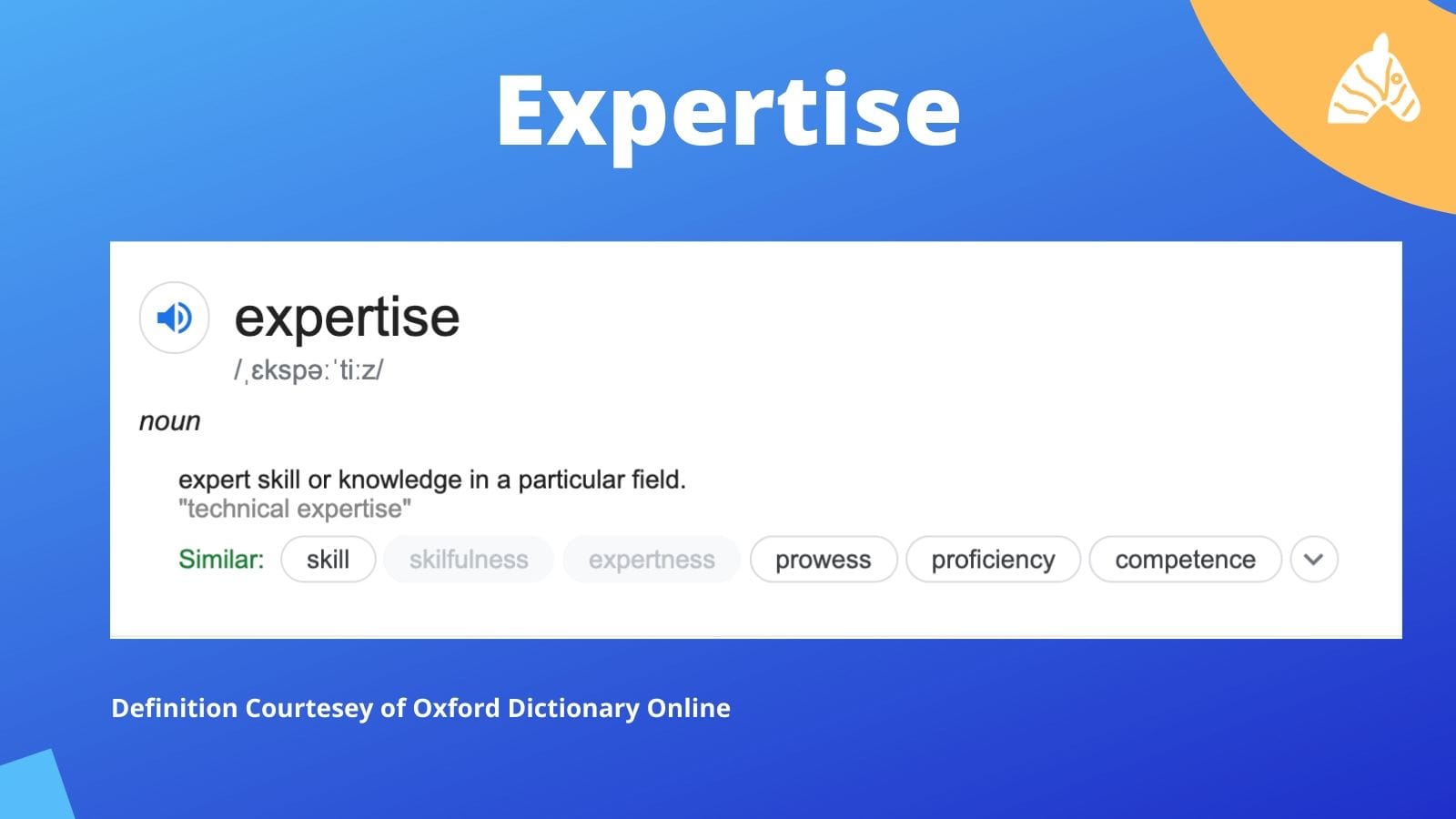
When Google’s guidelines refer to expertise, content creators and authors should have demonstrable expertise in the relevant areas, and should not spread misinformation, either deliberately or otherwise. Authors should avoid unsubstantiated claims and should cite any claims when possible. Credentials should also be on display or easily accessible – this doesn’t necessarily mean formal education; years of experience in a field can make someone an authority on a specific subject.
To meet the requirements of high-quality content, expertise looks at content that answers questions, demonstrating knowledge while tapping into real demand for insightful information. When considering the expertise of your content, ask yourself these questions:
• How knowledgeable is the author on the subject matter?
• Does the author have the requisite experience to speak accurately about the topic at hand?
• Does the author have relevant credentials in the field, are they on display?
Authoritativeness
Authoritativeness refers to the main content creator, the content itself, and the website in which the content appears. To put it simply, “authoritativeness” means having generally recognised authority – people know of you, your background is recognised, and others may look to you, your business, or your site as a leader in your industry. Widely accepted as a good source of information, authority is often built over time.
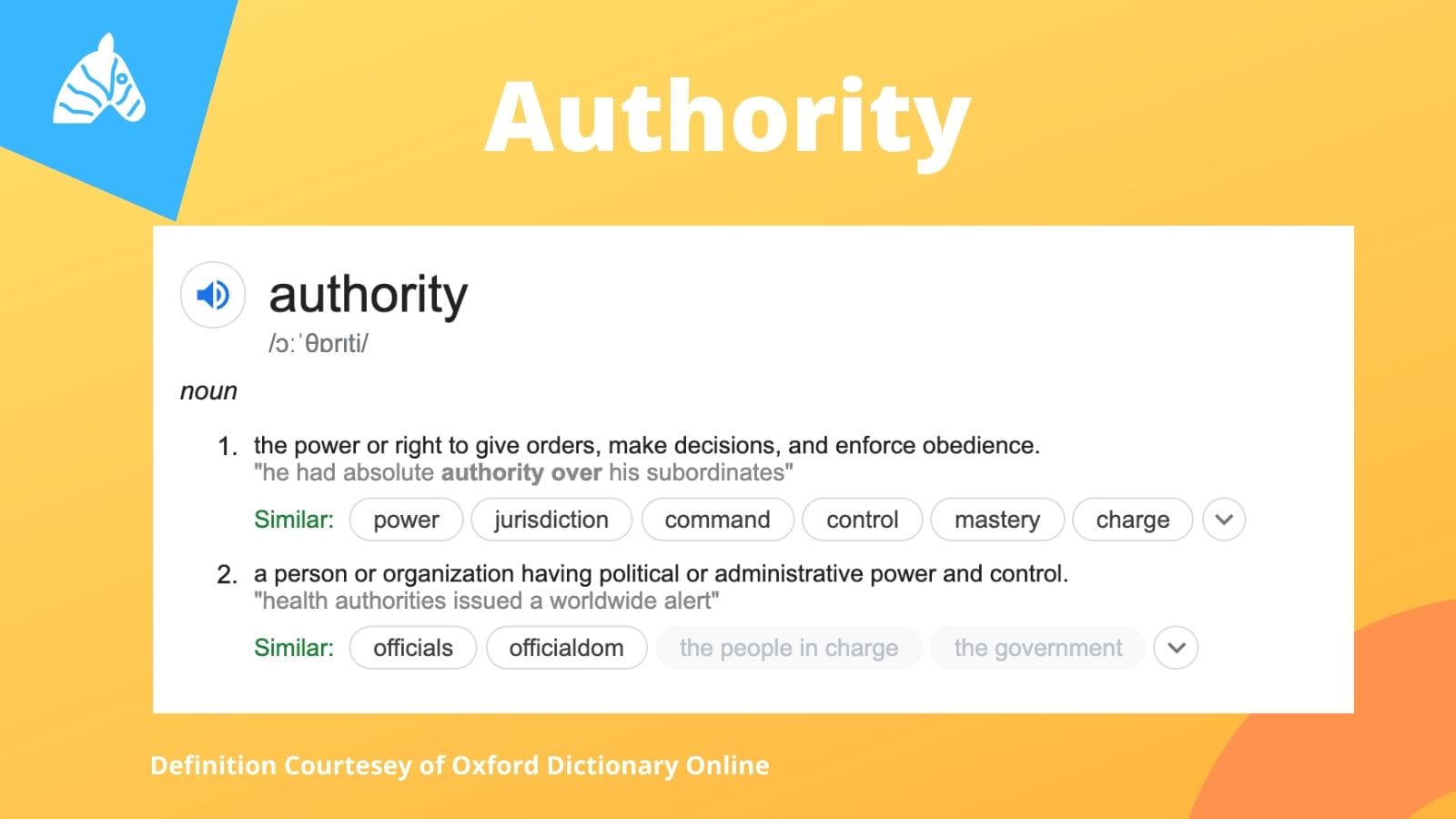
Similarly, to expertise, authoritativeness will also look at the author of the content, their relevant credentials, reviews, testimonials, and position in the industry. Moreover, content that is deemed “authoritative” will be comprehensive, truthful, valid, and useful to the reader.
Google wants to understand whether or not a website is held in regard by others and that the authors can be regarded for their opinions and abilities.
An authoritative source will often be cited, ideally from sites and organisations that are themselves considered authoritative. Furthermore, organisations will demonstrate associations with trusted publications and bodies to further lament their position in their industry or niche.
Authoritativeness is all about building up a notable reputation – good authoritative mentions can be difficult to acquire, and building authority to your website, business or name can take time.
Trustworthiness
Finally, Google E-A-T quality guidelines take into consideration the trustworthiness of a website. Proven trustworthiness is imperative – site visitors should be able to trust your website and any given content provided by your website. A lack of trust can significantly impact the quality of your website altogether.
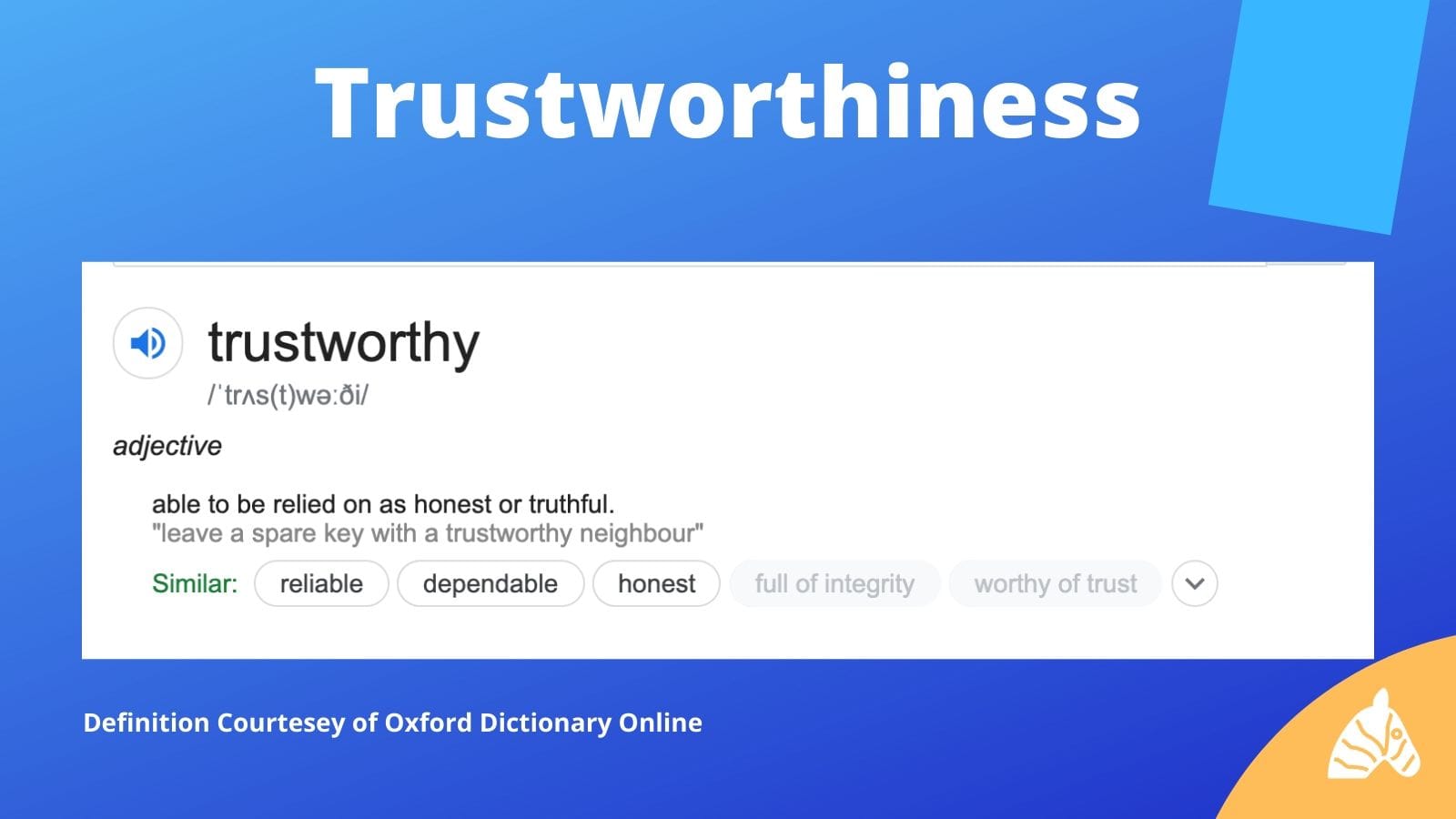
Trustworthiness takes a look at the security of your website, overall site quality, inbound links, reviews, and the legitimacy of the website. Essentially, trust is built with anything that reduces the doubt of a user or prospective customer. Being a trustworthy expert and source means users can trust you and your content to provide honest, accurate and transparent information.
Google has also engaged and invested in several initiatives aimed at improving the trustworthiness of its search results, such as The Trust Project, Project Owl and presentations on combating disinformation.
Building a trustworthy website takes time and a comprehensive strategy. If you don’t reign-in on any negative sentiment around your site, it will be perceived as untrustworthy by both Google and users, invariably suffering in search engine results. Promoting trustworthiness on your site may look like:
• Users being able to contact website owners directly
• A physical location to associate with the website
• Terms and Conditions & Privacy Policy
• Secure domain with correctly implemented HTTPS
• E-commerce stores with clear refunds and returns policies
Does Low Google E-A-T Content Affect Other Pages?
No, but more accurately, yes – it can.
Low E-A-T content on one page will not directly affect the E-A-T of another page on your website. However, low E-A-T pages do have the potential to impact the overall authority of your website. Google wants to see a consistent level of content across your entire site.
Google uses the previous E-A-T of content on your website to decide where your webpage will initially rank when indexed. That means that if your website routinely ranks on page one for competitive search phrases, Google is more likely to ‘trial’ your new content at a high position in the SERPs based on previous webpage performance.
If webmasters are putting up an inconsistent E-A-T level of content, Google will be less likely to feature new content high in the SERPs. In the long run, low E-A-T web pages can make it difficult to rank for competitive search terms in the instances where the website is publishing high-value content.
As a result, it is recommended that low E-A-T pages are removed (or consolidated with similar, thin pages) to preserve the Google E-A-T rating of your site. Reducing the number of overall pages on your website may seem like a step backwards in the short term; however, it is more important to preserve the overall reputation of your site by maintaining a consistent level of quality in the long term.
Conclusion
E-A-T is not a direct ranking factor; however, addressing Google’s E-A-T guidelines can significantly improve the quality of your website, which will increase the search visibility of your content. While they are frequently updated, Google’s quality guidelines are not new – and neither is their battle against misinformation online.
Following Google E-A-T as a rough framework for your website’s digital marketing efforts means taking a holistic approach to SEO and content marketing. Synonymous with Google’s aim to “organise the world’s information and make it universally accessible and useful”, understanding and implementing these guidelines can significantly improve the overall quality and natural growth of your website.
Furthermore, improving the expertise, authoritativeness, and trustworthiness goes far beyond SEO; the quality guidelines aim to enhance user experience as users feel more confident visiting sites that they can trust. E-A-T was born from Google’s overall efforts to rank the best, high-quality content for their users. Continue doing so, and you’ll find your website appeasing both your visitors and the search engines.




